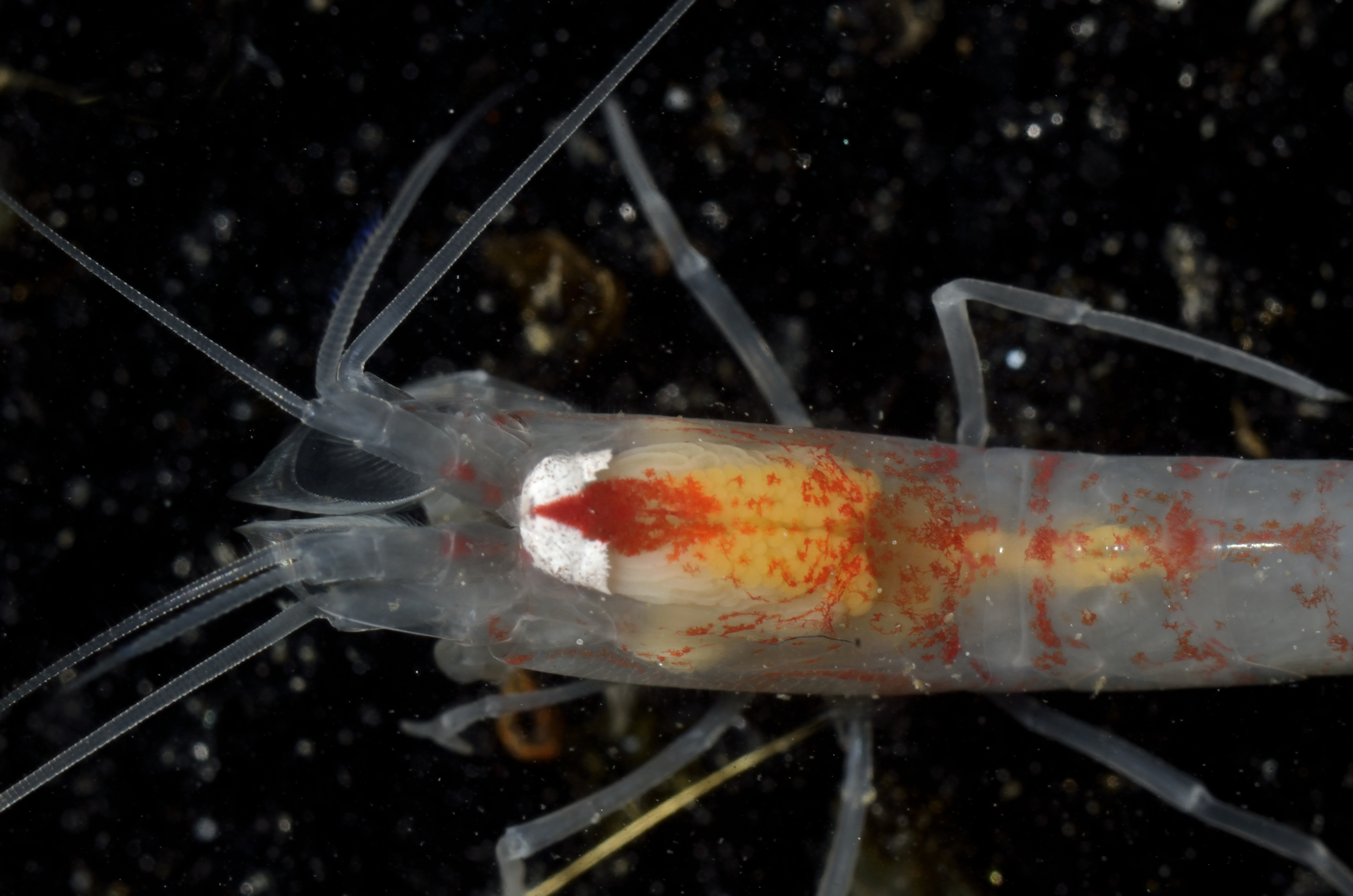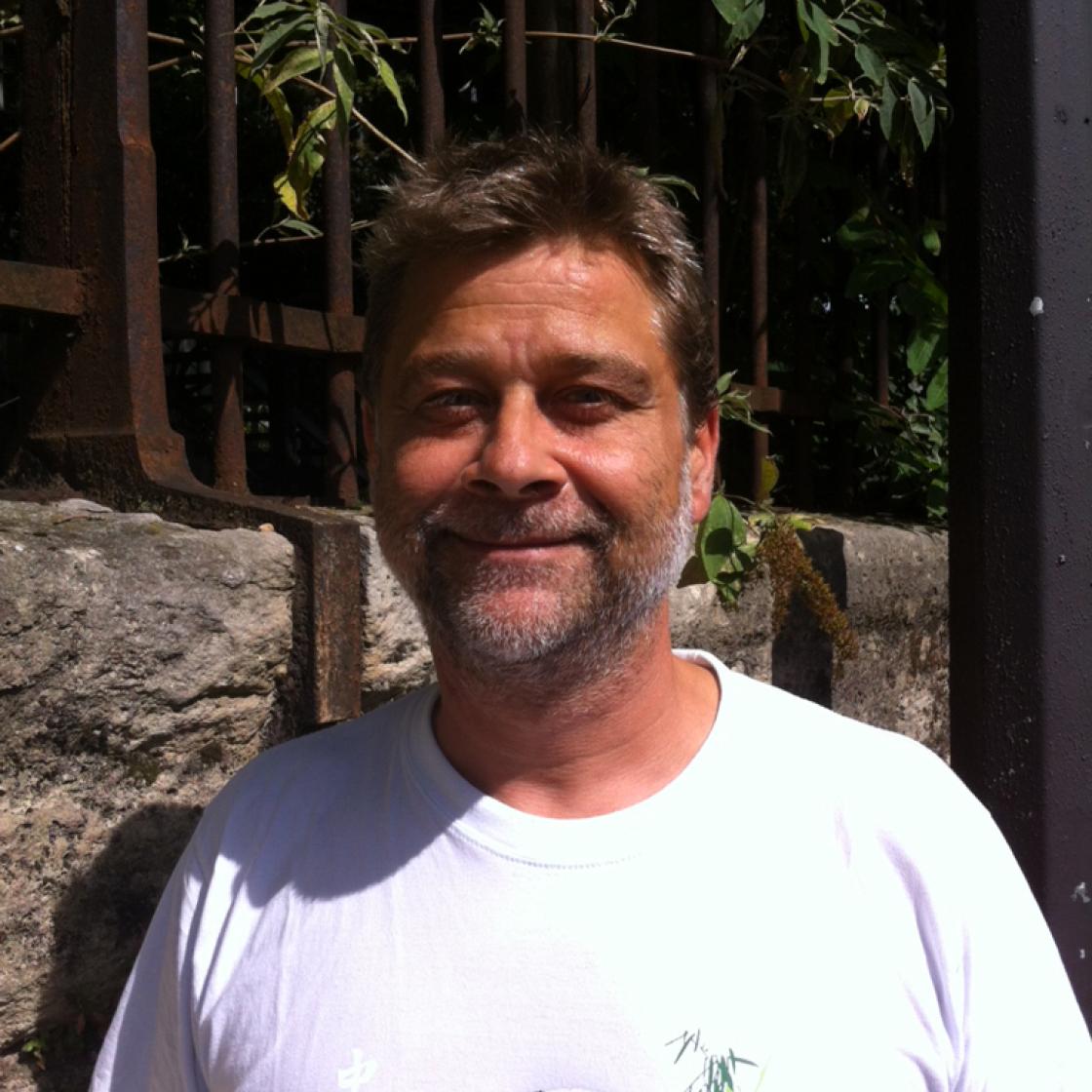Lipidome variations of deep-sea vent shrimps according to acclimation pressure: A homeoviscous response?. B.Shillito, C.Desurmont, D.Barthélémy, D.Farabos, G.Després, J.Ravaux, M.Zbinden, A.Lamazière. Deep Sea Research Part I: Oceanographic Research Papers, 161, July 2020. DOI 10.1016/j.dsr.2020.103285
The present study questions the ability of marine fauna to modulate the molecular composition of their membrane lipids, as a function of environmental hydrostatic pressure conditions. Specific variations in the cell lipidome composition are presented for the deep-sea hydrothermal vent shrimp Mirocaris fortunata, acclimated at the laboratory for several months at both natural (18 MPa, i.e. 1800 m simulated depth) and atmospheric pressures, but fed with the same diet. These animals display physiological capabilities of acclimation to pressure variations, possibly driven by a particular composition of their lipid species. In particular, it is shown that shrimps exposed to atmospheric pressure exhibit a significantly lower level of the mono-unsaturated fatty acid, vaccenic acid (C18:1n-7), compared to those maintained at natural pressure. The observed fatty acid variations are consistent with a homeoviscous response, i.e. a modulation of the lipidome composition, in response to physical constraints, in order to balance the effects of pressure on membrane order. Additionally, supervised multivariate data analysis was performed for complex lipids and revealed an increase in levels of sterols, sphingomyelin, and ether-phosphatidylethanolamine lipids for animals exposed to atmospheric pressure, with respect to natural pressure. These observations strongly suggest that lipidic domains are involved in the shrimp’s response to experimental conditions, and their consistency with a homeoviscous response to pressure is discussed.
BOREA Contact: Bruce Shillito
The present study questions the ability of marine fauna to modulate the molecular composition of their membrane lipids, as a function of environmental hydrostatic pressure conditions. Specific variations in the cell lipidome composition are presented for the deep-sea hydrothermal vent shrimp Mirocaris fortunata, acclimated at the laboratory for several months at both natural (18 MPa, i.e. 1800 m simulated depth) and atmospheric pressures, but fed with the same diet. These animals display physiological capabilities of acclimation to pressure variations, possibly driven by a particular composition of their lipid species. In particular, it is shown that shrimps exposed to atmospheric pressure exhibit a significantly lower level of the mono-unsaturated fatty acid, vaccenic acid (C18:1n-7), compared to those maintained at natural pressure. The observed fatty acid variations are consistent with a homeoviscous response, i.e. a modulation of the lipidome composition, in response to physical constraints, in order to balance the effects of pressure on membrane order. Additionally, supervised multivariate data analysis was performed for complex lipids and revealed an increase in levels of sterols, sphingomyelin, and ether-phosphatidylethanolamine lipids for animals exposed to atmospheric pressure, with respect to natural pressure. These observations strongly suggest that lipidic domains are involved in the shrimp’s response to experimental conditions, and their consistency with a homeoviscous response to pressure is discussed.
BOREA Contact: Bruce Shillito




